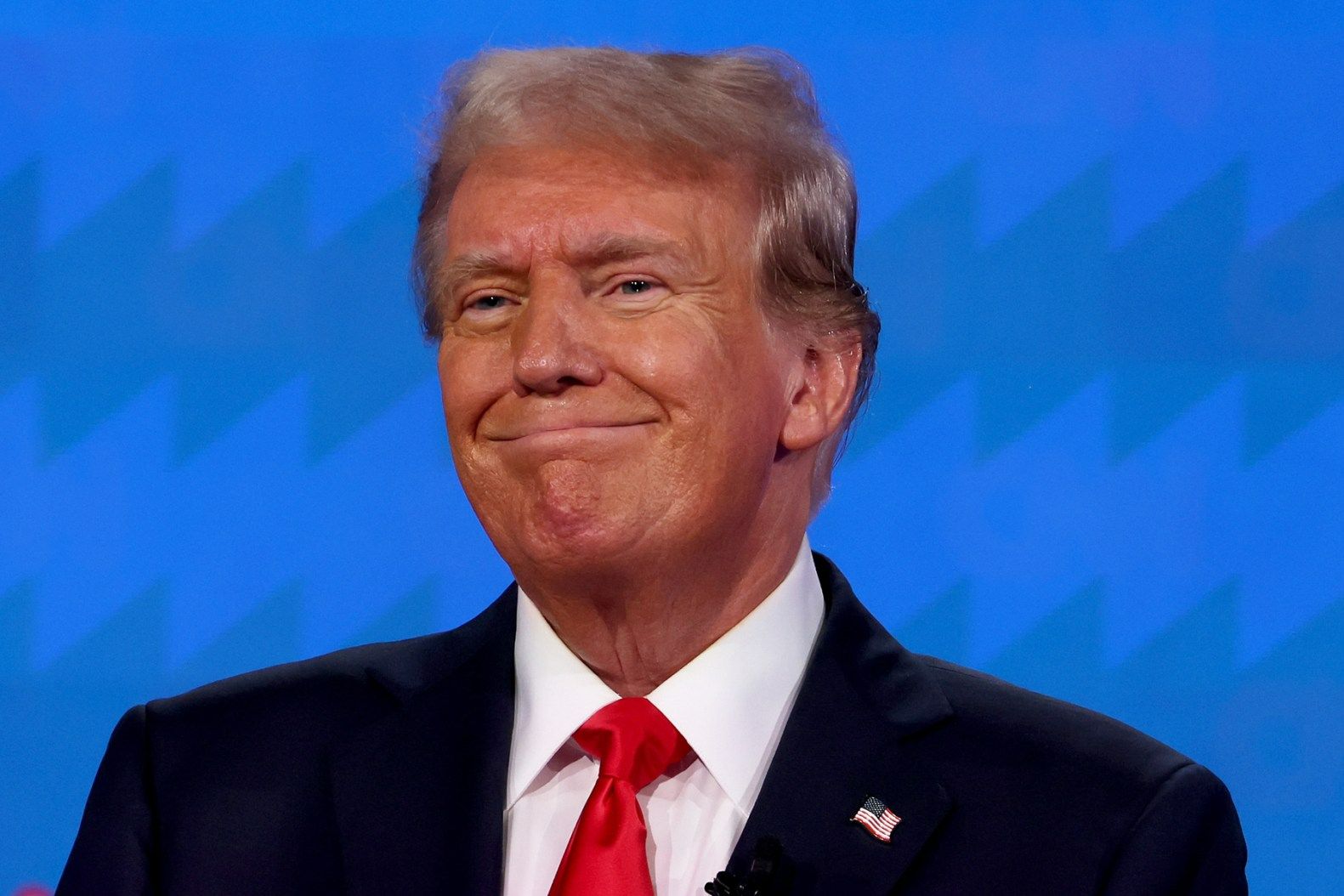Is a Dictator Good for Ratings?
AMERICAN KAKISTOCRACY

A kakistocracy is governance where the most corrupt, incompetent, or morally bankrupt individuals hold power. In the first attempt at public office the president-elect had a gallery of only nine rogue “advisors,” who would eventually face prosecution. As of December 8, 2024, that judgement has selected these key cabinet nominations:
Secretary of State: Marco Rubio – The position is the international face of the United States. It calls for a strong, respected negotiator that can be amiable yet authoritative. The administration has selected the U.S. Senator from Florida among the most reviled personalities in America and a laughingstock in the halls of Congress who now must be taken seriously.
Secretary of the Treasury: Scott Bessent – The nominee is a heavy Trump donor and American hedge fund manager. He is the founder of Key Square Group, a global macro investment firm that made a killing by investing and selling short fixed-asset and tech stocks in 2022. It resulted in a windfall for his company. Could he help the American economy? As a confidante told the Financial Time, “Scott is very cerebral and a global opportunist who does best when there is chaos.”
Secretary of Defense: Pete Hegseth – Peter Brian Hegseth is an FOX News TV host who authored a book and was in the Army National Guard. Aside from being vocal about his seeming disdain for veterans’ welfare his qualifications and motivations are suspect.
Attorney General: Pam Bondi – This American attorney, lobbyist, and politician served as Florida attorney general from 2011 to 2019. She was the first woman elected to the office and the enforcer behind much of Florida’s repressive policies. Bondi benefited from the gerrymandered districts reigning under the historically unethical administration of Governor Ron De Santis. In 2020, Bondi was one of President Donald Trump's defense lawyers during his first impeachment trial.
Secretary of the Interior: Doug Burgum – For the management and conservation of federal land, natural resources, and agencies as the Bureau of Land Management, the United States Geological Survey, Bureau of Indian Affairs, and the National Park Service. He mortgaged inherited farmland in 1983 to invest in Great Plains Software in Fargo. As its president in 1984, he took the company public in 1997. In 2001, Burgum sold his company to Microsoft for $1.1 billion in stock. How his skills will improve the country remains to be seen.
Secretary of Agriculture: Brooke Rollins – Trump’s former Director of the Domestic Policy Council will now head the Department of Agriculture. Her new responsibilities department's goals include ensuring food safety, protecting against exotic pest invasion, and directly promoting agricultural products at home and abroad. Ideally her experience with implementing the President’s domestic policy agenda in the first team will be useful for America
Secretary of Commerce: Howard Lutnick – This investment banker was the former Chairman and CEO of Cantor Fitzgerald, L.P., a global brokerage, and financial technology company BGC Group, Inc., and Chairman of Newmark Group, Inc., a world leader in commercial real estate services. During this time of housing crisis, will Lutnick be the man to make our economy accessible to all, or will his interests in maintaining this crisis outweigh American needs?
Secretary of Labor: Lori Chavez-DeRemer – The U.S. Representative from Oregon serves as the U.S. Representative for Oregon's 5th congressional district since 2023. She served as mayor of Happy Valley, Oregon, from 2011 to 2019, but many critics question exactly what does she know about national labor needs from Oregon?
Secretary of Health and Human Services: Robert F. Kennedy Jr. – Robert Francis Kennedy Jr., son of the Democratic icon Attorney General Robert Kennedy, brother of the late President John F, Kennedy. Also known as RFK Jr., his political views stray far from his family history as does his credibility. The “independent” politician, and environmental lawyer is also anti-vaccine activist and conspiracy theorist.
Secretary of Housing and Urban Development: Scott Turner – This poorly prepared former state representative from Texas is an executive at the Trump aligned think-tank, America First Policy Institute (AFPI). As HUD chief, Turner would be responsible for public housing and development. Under Trump and 2025 policy, he will likely seek slash the department’s funding, reverse Biden-era fair housing policies and overhaul homelessness programs to be more punitive - all goals laid out by the Trump campaign.
Secretary of Transportation: Sean Duffy – Sean Patrick Duffy, the recommendation for Secretary of Transportation, like his president, has been carefully groomed for TV. This newly minted politician is also a former prosecutor, lobbyist, and reality television personality who is currently a co-host of The Bottom Line on Fox Business, as well Fox New contributor. This is the leadership that will marshal America into its transportation destiny.
Secretary of Energy: Chris Wright – Christopher Allen Wright is an American engineer and businessman who is the CEO of Liberty Energy. This caretaker for our energy leads North America's second largest hydraulic fracturing company. With the conspiratorial alliances of Cabinet ideals in the Office of the Interior, we can expect some major detours in the quest for global cleanup and responsibility.
Secretary of Education: Linda McMahon – Ex-wife and co-founder of WWE Linda is the separated spouse of Vince McMahon. While bringing sophisticated corporate experience, this former head of the Small Business Administration has no idea of how the public school system operates. She has no experience as a student, teacher, or administrator ideal for the Project 2025 intention to dismantle the Department of Education.
Secretary of Veterans Affairs: Doug Collins – This former U.S. Representative from Georgia and Air Force reservist started a local trucking company with his wife. It has grown to more than 100 employees and hauls freight all over America. The former NBA player and announcer will handle Veteran Affairs despite not being a loyalist to the administration previously.
Secretary of Homeland Security: Kristi Noem – Governor of South Dakota Kristi Lynn Arnold Noem is an American politician adequately prepared for national defense as the 33rd governor of South Dakota since 2019. She is a staunch supporter of the administration and faithful parrot of its domestic policies on immigration and especially deportation.
These nominations reflect President-elect Trump's selections for he good of America as he prepares for his second term.

